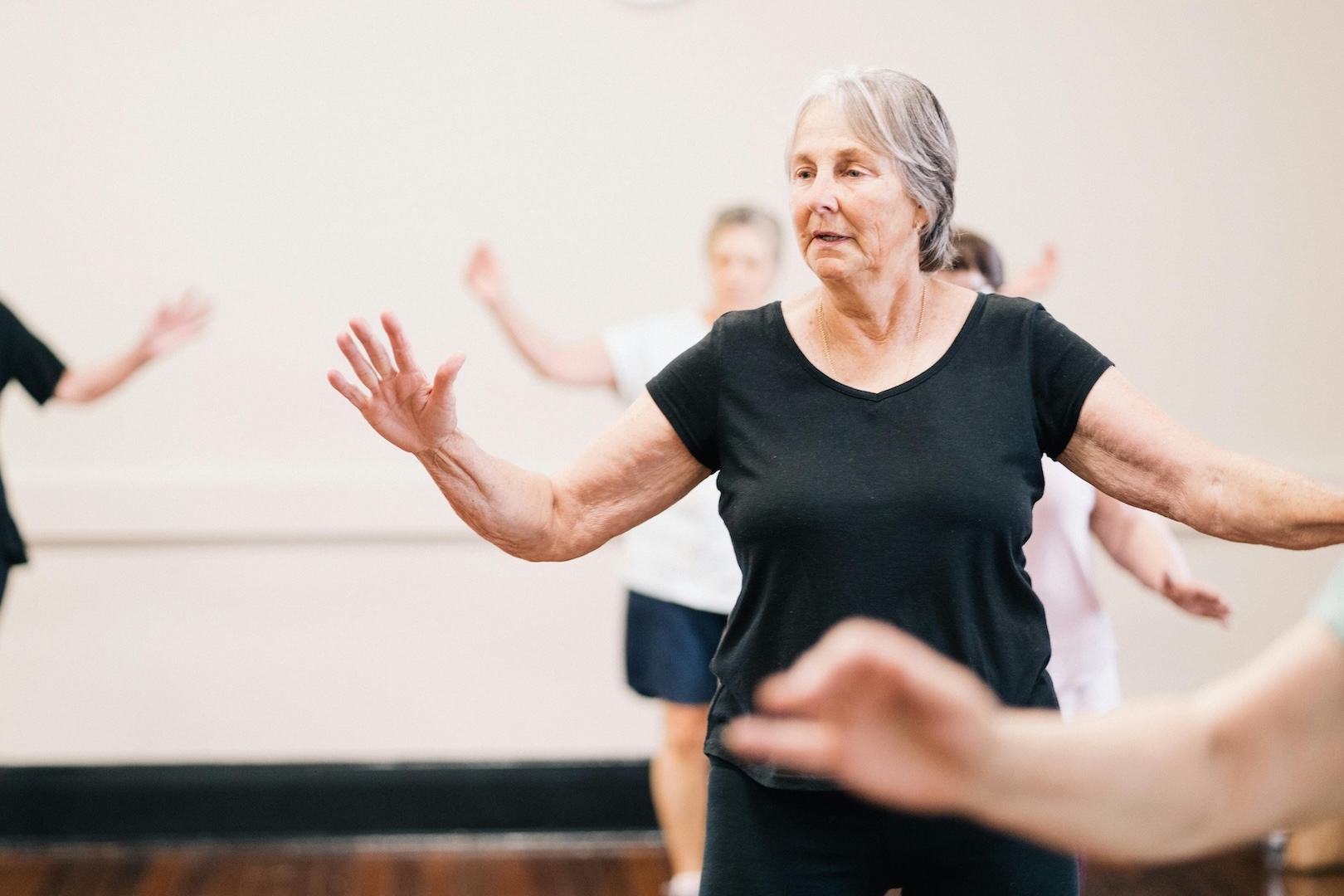Taking time for mental health during Mental Health Week
Depression and looking after our health
Queensland Mental Health Week (5-13th October 2019) shines the spotlight on how we can look after our own mental health. It is linked to National Mental Health Week and World Mental Health Day which is held on the 10th October.
This year’s theme is “Take time for mental health”.
With one in every seven Australians likely to experience depression in their lifetime, let’s look further into depression, what it looks like and how it can be managed.
Depression is real
While we all feel low, teary or poorly-motivated every now and then, some people find they will experience these feelings intensely, for seemingly endless periods of time (weeks, months or even years). These feelings can come on without any apparent reason, even when life appears to be going well from the outside. Depression is more than just a low mood – it’s a serious condition that affects the physical and mental health of up to 20% of the Australian population aged 16-85 in any year.
What causes depression
Depression can present in many ways with different types of depressive disorders with symptoms ranging from relatively minor to very severe. While we don’t have a definitive cause of depression, it’s development can be linked to a number of events, personal factors or any combination of issues.
Recent events can be a trigger to those who are already at risk of depression due to previous experiences or personal factors.
Risk factors can include:
- Family history can be a risk factor due to an increased genetic risk
- Serious medical events, illnesses or diagnoses can increase stress and worry and lead to depression
- Personality type – low self-esteem, self-critical and negative types are more at risk
- Chronic pain or long-term injury management and loss of occupational role/s
- Drug and alcohol use – over 500,000 Australians will experience depression and a substance use disorder at the same time, at some point in their lifespan.
Treatment Options for Depression
Due to the varied ways people can be impacted by depression, there is no set approach to treatment. Thankfully there are a range of treatment options and health professionals who can assist you on your journey to recovery across a range of psychological, medical and lifestyle treatments.
Your GP is the best place to start having discussions regarding concerns of depression, referrals to treatment plans and medication (if this is the best option for you).
How can Occupational Therapists help with depression?
Occupational Therapists (OT) are qualified health professionals whose role is to help people get back to doing the things they need and want to do each day. OT’s can work with a person independently or in conjunction with a multidisciplinary treatment team approach.
When working with people impacted by depression, and OT will consider the following areas:
- Sleep
- Goal setting, scheduling and task management strategies to assist with loss of motivation
- Mindfulness and relaxation strategy training to manage thoughts / triggers
- Motivational interviewing to address substance abuse / addiction
- Access to online self-managed or therapist facilitated treatment sessions that you can access from your own home, in your own time.
Need to know more?
The experienced Occupational Therapy team at Smart Solutions Rehab Group is here to help you take charge in managing the impact of depression on your daily life. Contact us today to discuss your needs via email at admin@ssrg.com.au or you can call us on 1300 729 190 and we will be happy to help!
Author: Donna Joosten
More about the author…
Donna is an Occupational Therapist and Manager of SSRG’s Occupational Therapy Team. Donna has worked extensively with neurological rehabilitation, particularly movement disorders and has completed training in physical and cognitive rehabilitation. Donna holds a Bachelor of Occupational Therapy as well as qualifications in Business and Music.




